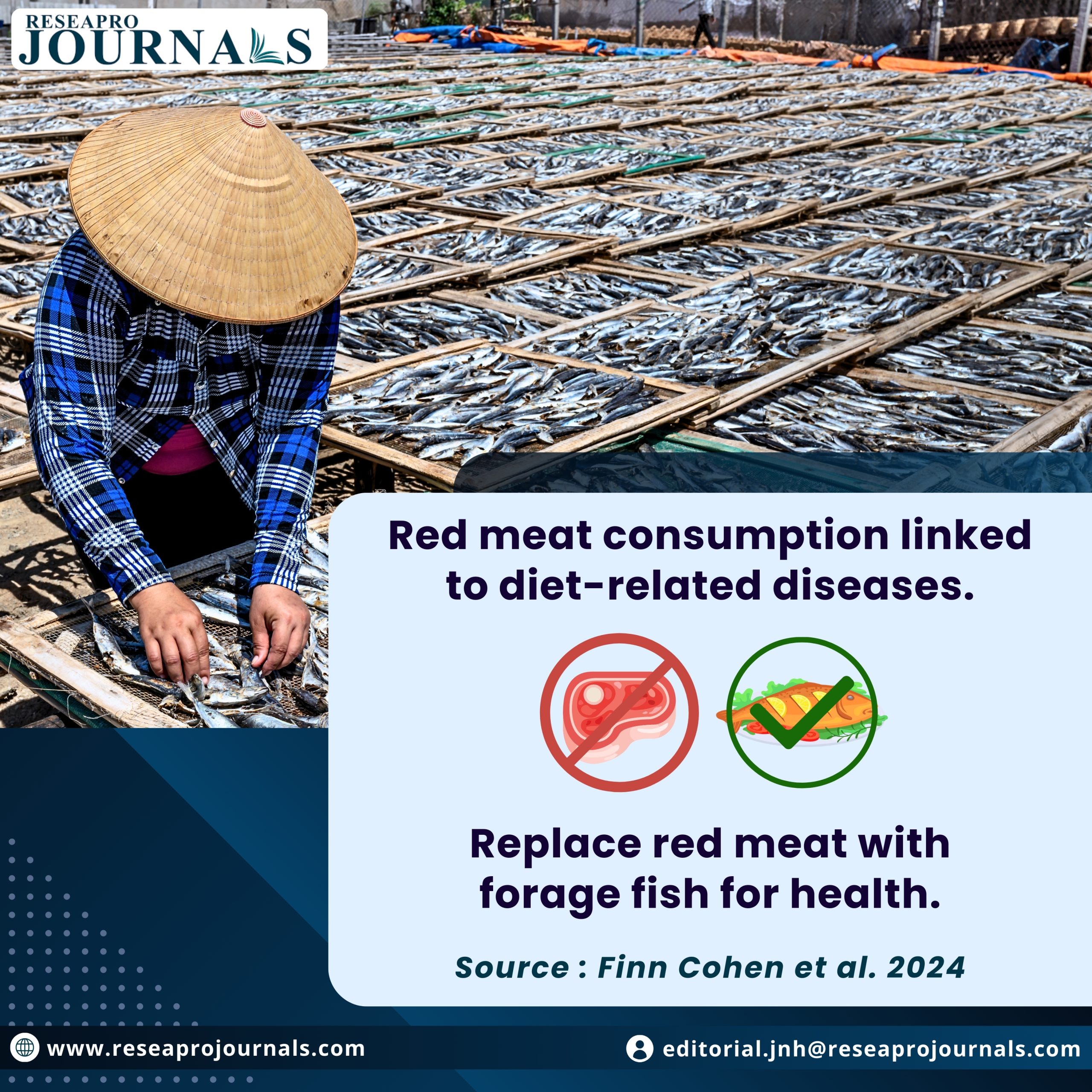
By 2050, eating more particular kinds of fish could save up to 750,000 lives.
Researchers examined the potential effects on world health of switching from red meat to specific kinds of “forage” fish.
Fish classified as “forage” include smaller species found lower in the food chain, such as anchovies, sardines, and herring.

Consuming so-called “forage fish,” such as anchovies, herring, and sardines, may help prevent as many as 750,000 deaths annually by 2050 and significantly reduce the number of illnesses and impairments linked to food. 137 countries and replaced those populations’ red meat consumption with that of forage fish from marine habitats.
Prioritizing domestic supply means either substituting red meat or employing forage fish for national consumption, depending on “local health needs.”
Reduced meat intake: in nations where the consumption of red meat exceeds suggested limits, the eating of forage fish should be given priority.
Sufficient intake of fish: giving forage fish priority in nations that don’t consume enough fish
Every country replaced the same percentage of red meat, which was around 8%. The percentage of red meat replacement was based on the world’s finite supply of forage fish.
